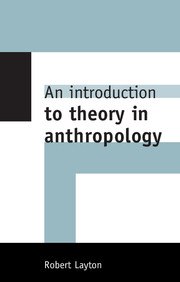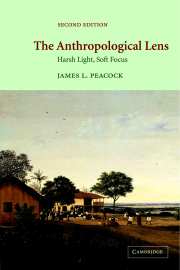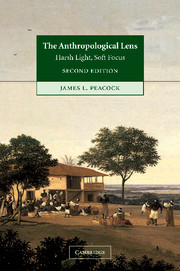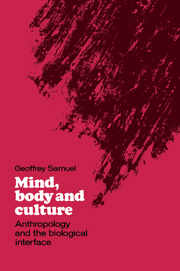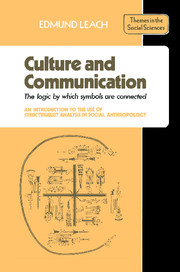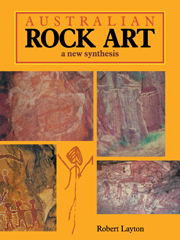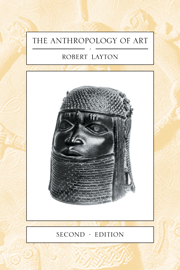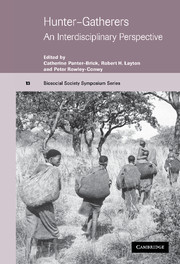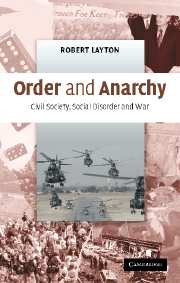An Introduction to Theory in Anthropology
This introduction to anthropological theory, written for undergraduate students, reviews the ideas that have inspired anthropologists in their studies of societies around the world. It offers a clear and concise analysis of the key theories, past and present, and traces the way in which they have been translated into anthropological debates. It shows how various theoretical perspectives have shaped competing, or complementary, accounts of specific ethnographic finds.
- A concise analysis of the impact of key theories upon anthropology. Unlike other introductions it is organsied by intellectual development rather than topic (e.g. kinship)
- Uses case studies to show how each theory has helped explain social and cultural processes among particular people
- Up-to-date, includes chapters on postmodernism, sociobiology as well as functionalism, structuralism, interaction theories, marxist anthropology
- Carefully crafted with the student audience in mind, by the author of a successful CUP textbook Anthropology of Art
Reviews & endorsements
'In a concise, readable book, Layton has produced a theoretical guide that will find itself a ready audience almost immediately. This book will make a significant addition to an already full shelf of good introductory texts on anthropology, and frankly it is the text that many might crave for archaeological theory.' Antiquity
Product details
February 1998Paperback
9780521629829
254 pages
217 × 139 × 18 mm
0.36kg
Available
Table of Contents
- 1. The idea of a social system
- 2. Functionalism
- 3. Structuralism
- 4. Interactionist theory
- 5. Marxist anthropology
- 6. Socioecology
- 7. Postmodernism and anthropology.

